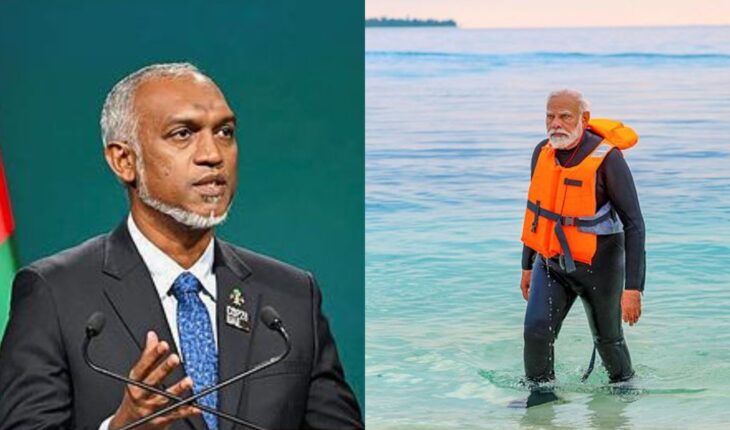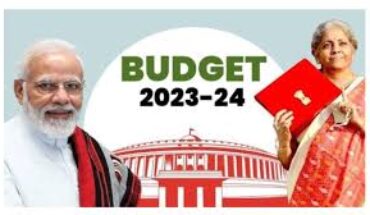The India-Maldives relationship has recently faced a series of diplomatic challenges, including tensions over derogatory remarks by Maldivian Ministers, calls for an Indian tourist boycott, and issues surrounding Indian troops in the Maldives. Adding to these complexities is the anticipated docking of the Chinese “research” ship Xiang Yang Hong 03 in Male, a development that has caused concern in New Delhi due to the strategic implications of Chinese naval activity in the Indian Ocean. India’s wariness of Chinese maritime research activities is not new. After raising objections to similar Chinese activities in Sri Lanka, India influenced Colombo to ban foreign research vessels, suspected of dual-purpose data collection, from 2024. The Maldives’ decision to welcome the Chinese vessel, particularly after terminating the India-Maldives hydrography agreement, is seen in India as a diplomatic slight. This is further accentuated by the Maldives’ recent diplomatic gestures, such as engaging with the United States Indo-Pacific Command and prioritizing visits to Türkiye, the UAE, and China. Despite these setbacks, India continues its diplomatic engagement with President Muizzu’s government. Prime Minister Narendra Modi’s meeting with Muizzu and the formation of a high-level core group for bilateral negotiations demonstrate India’s commitment to maintaining dialogue. India, seeking to expand its global influence, must balance regional aspirations with respect for sovereignty. Conversely, the Maldives, dependent on external support for economic and regional security, faces the challenge of aligning its national interests with the complex geopolitical environment. The Muizzu government’s decision to limit the Xiang Yang Hong 03 to a routine port call may suggest that diplomatic efforts are yielding positive results. For India, adhering to a ‘Neighbourhood First’ policy that respects the priorities of its neighbors is essential, particularly in avoiding any perception of military imposition. Similarly, the Muizzu government must weigh the implications of its foreign policy choices, especially in light of domestic political dynamics.
India and Maldives need to navigate diplomatic currents
Published Date: 27-01-2024 | 6:20 am




